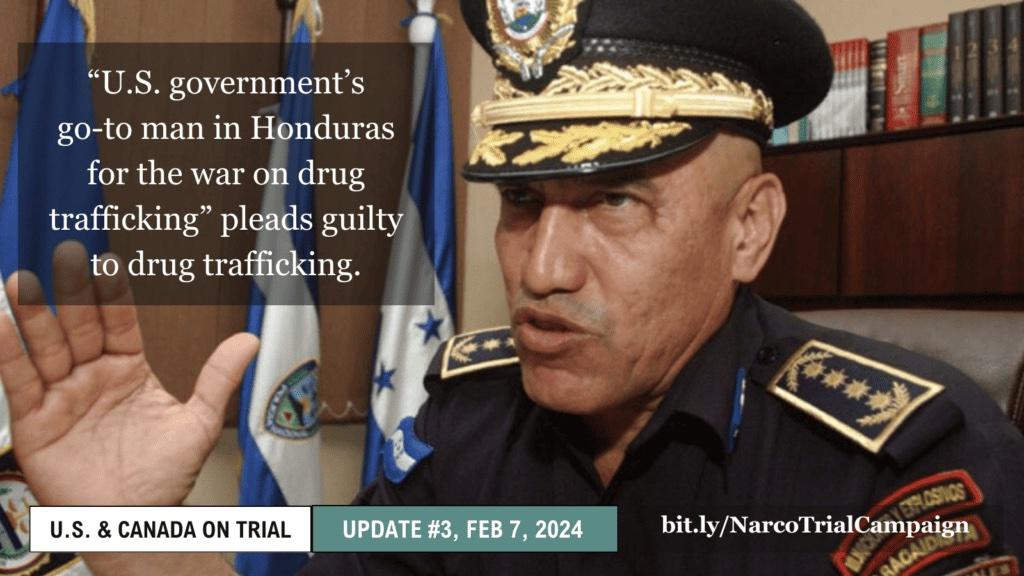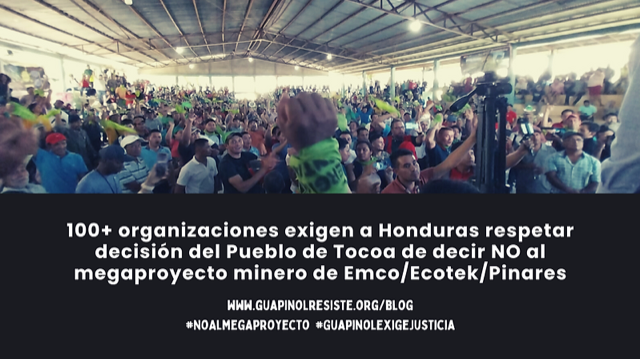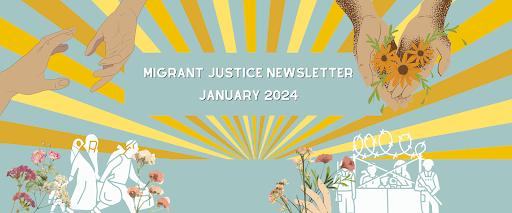The trial of Juan Orlando Hernández, the former president of Honduras, is set to begin on February 12 in New York, facing drug-trafficking and weapons charges. Once considered untouchable, Hernández may be testified against by Juan Carlos “El Tigre” Bonilla, the former head of Honduras’s National Police, who recently pleaded guilty. The trial raises questions about the US support for Hernández, despite allegations of corruption and drug trafficking. The article highlights the role of the 2009 military coup, supported by the US, in paving the way for Hernández's rise to power. The US government's backing of Hernández and Bonilla, despite evidence of human rights abuses and corruption, is seen as part of a longstanding policy to maintain pro-US allies in Honduras, prioritizing geopolitical interests over justice. The article also discusses the reemergence of police death squads in Honduras and the State Department's efforts to downplay corruption within the police force. Despite multiple scandals and protests, the US consistently supported Hernández, revealing the complex dynamics of the US War on Drugs and its selective enforcement. The piece emphasizes the need to consider the broader implications of the trial for US foreign policy and its impact on the people of Honduras.
- Home
- About Us
- Issues
- Countries
- Rapid Response Network
- Young Adults
- Get Involved
- Calendar
- Donate
- Blog




